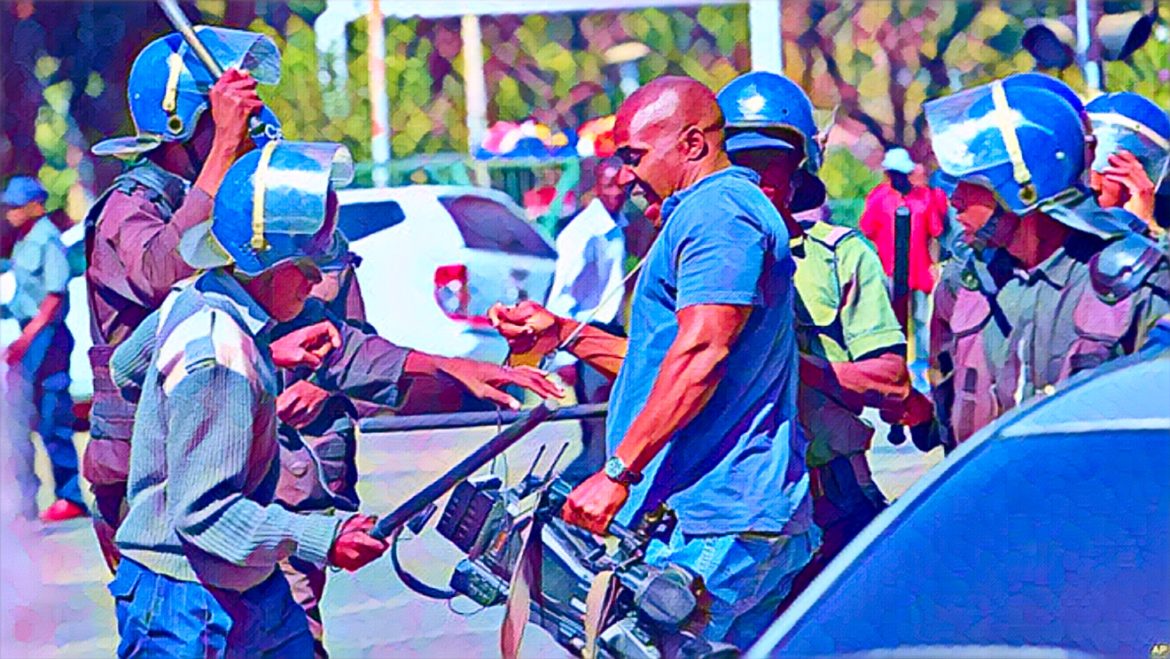Key Points
- Spot hidden political agendas using language, visuals, and sources.
- Recognize selective reporting and avoid manipulation during elections.
- Protect yourself with media literacy, fact-checking, and diverse sources.
The media in Zimbabwe significantly influences political narratives; nevertheless, its objectivity is frequently scrutinized due to issues of ownership, regulation, and control. Media ownership constitutes a paramount influence. State-controlled entities such as the Zimbabwe Broadcasting Corporation (ZBC) are closely affiliated with the government.
Comprehending Zimbabwe’s media environment
According to Human Rights Watch (2023) , ZBC allocates excessive airtime to the ruling Zimbabwe African National Union-Patriotic Front (ZANU-PF), particularly during electoral cycles.
Conversely, private publications like as NewsDay and The Daily News are regarded as adopting a more critical perspective towards the administration, although they too encounter accusations of bias towards opposition narratives.
Media regulation constitutes another critical element. The Access to Information and Protection of Privacy Act (AIPPA) repealed in 2020 and supplanted by the Freedom of Information Act, continues to permit governmental influence over media via regulating entities such as the Zimbabwe Media Commission (ZMC).
During electoral periods, these affects become more evident. Research conducted by the Electoral Institute for Sustainable Democracy in Africa (EISA, 2023) indicates that state-controlled media advocates the ruling party’s themes of “stability” and “development,” while disregarding protests organized by the opposition.
Principal indicators of concealed political agendas
During the 2023 elections, Amnesty International indicated that state media emphasized ZANU-PF’s economic development efforts while minimizing reports of election-related violence and human rights violations.
This selective coverage influences public opinion by determining which issues are considered “important.”
Partisan media frequently employ favorable terminology to characterize one faction while depicting adversaries unfavorably.
For instance, officials of the ruling party may be characterized as “visionary” or “dedicated,” whereas opposition leaders are seen as “disruptive” or “radical.”
Biased media typically prioritize government-aligned viewpoints, disregarding opinions from civil society, opposition, or independent specialists.
Propaganda depends on the incessant reiteration of particular ideas or slogans. Throughout the 2023 election, the expression “economic recovery under President Mnangagwa” was frequently featured in official media, although opposition plans were not addressed.
Repetition functions as a mechanism of “agenda-setting,” as articulated in McCombs & Shaw’s Agenda-Setting Theory, which posits that the greater the frequency of issue reporting, the more significant it seems to the public.
A research conducted by the Zimbabwe Election Support Network (ZESN, 2023) revealed that 85% of opposition images in ZBC broadcasts were connected to conflict-related imagery, so conveying an implicit message that opposition parties are tied to disorder.
As per Media Ownership Monitor Zimbabwe (MOM, 2023), ZBC’s editorial autonomy is constrained by its direct state support.
The significance of identifying concealed political agendas
Concealed political agendas within Zimbabwe’s media skew public perception, influence voter choices, and erode democracy.
Political players influence citizens’ perceptions of government policies, opposition leaders, and election matters by regulating the dissemination of information.
Identifying bias in reporting, selective narrative construction, and emotionally laden language is crucial for informed decision-making.
By identifying concealed motives, Zimbabweans may preserve their democracy and shield future generations from the perils of propaganda and deception.


